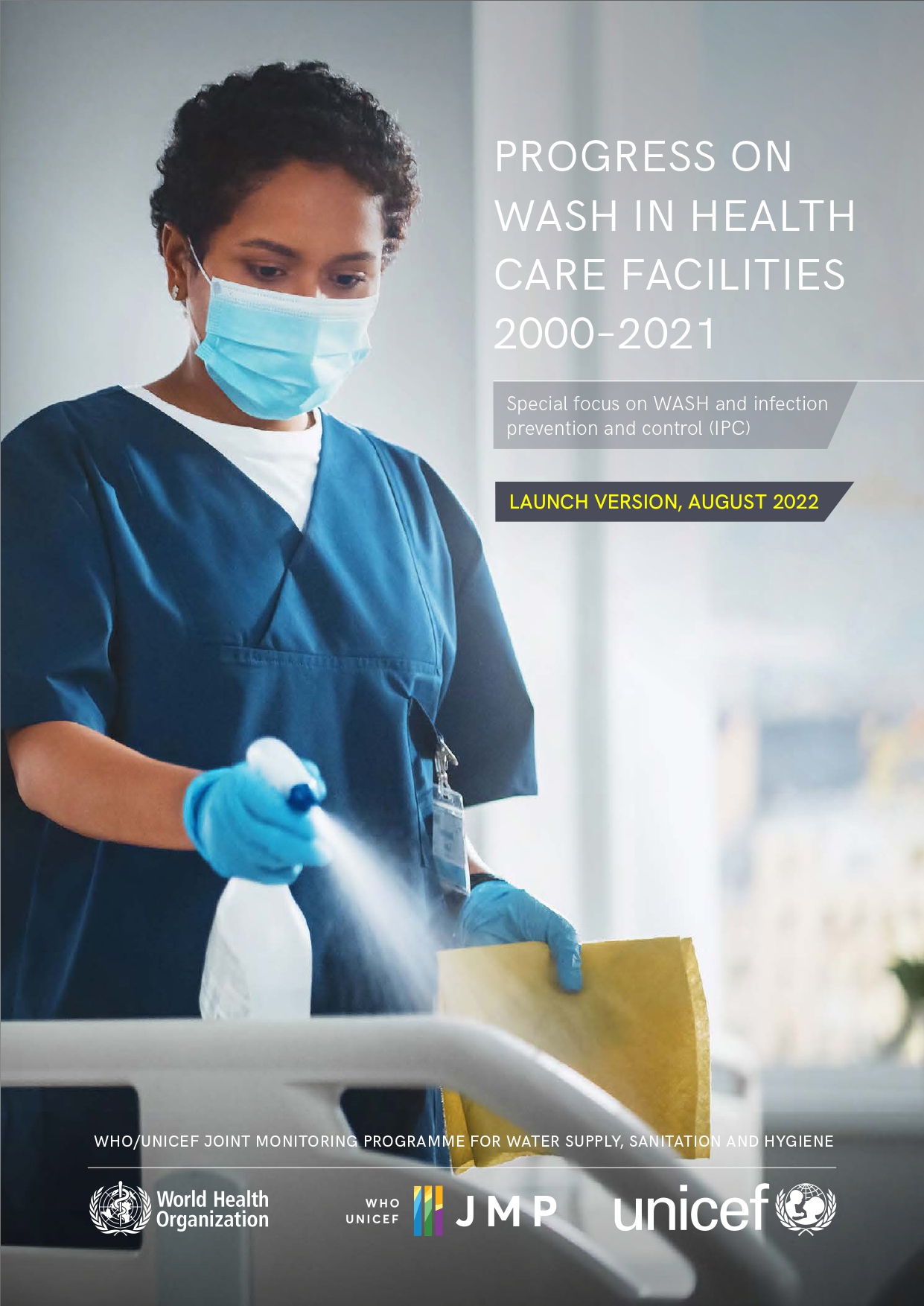WHO - UNICEF: Half of health facilities globally lack basic sanitation, new estimate about global hygiene

According to the latest report of the Joint Monitoring Programme (JMP) of WHO and UNICEF, half of the world's health facilities lack basic sanitation with soap and water. Approximately 3.85 billion people use these facilities, exposing themselves to the risk of infection, among them 688 million receive care in facilities without sanitation.
"Hygiene facilities and practices in health care settings are non-negotiable. Their improvement is essential for recovery, prevention and pandemic preparedness. Sanitation in health facilities cannot be ensured without increased investment in basic measures, which include safe water, clean toilets and safely managed sanitary waste," said Dr Maria Neira, Director of WHO's Environment, Climate Change and Health Department. "I encourage Member States to intensify efforts to implement the commitment made at the 2019 World Health Assembly to strengthen water, sanitation and hygiene (WASH) services in health facilities and to monitor these efforts."
The World Health Organisation (WHO) and the United Nations Children's Fund (UNICEF), through the WHO/UNICEF Joint Monitoring Programme for Water Supply, Sanitation and Hygiene (JMP), publish updates on progress on WASH in households, WASH in schools and WASH in health facilities every two years. This update for 2022 presents national, regional and global estimates for hygiene in health facilities up to the year 2021, with a focus on the links between hygiene and infection prevention and control (IPC). For hygiene, data is now available for 40 countries, representing 35 per cent of the world's population; in this regard, the new global hygiene estimate reveals the risk of spreading disease and infection for patients and health workers.
The new global estimate reveals a clearer and more alarming picture of the state of hygiene in healthcare facilities. Although 68% of health care facilities have hygiene facilities at the point of care and 65% have handwashing facilities with soap and water at the toilets, only 51% have both and thus meet the criteria for basic hygiene services. Furthermore, 1 in 11 (9%) health facilities have neither of these services.
The report was launched on the occasion of World Water Week in Stockholm, Sweden. The annual conference, which runs from 23 August to 1 September, explores new ways to tackle humanity's greatest challenges: from food security to health, from agriculture to technology, from biodiversity to climate.

